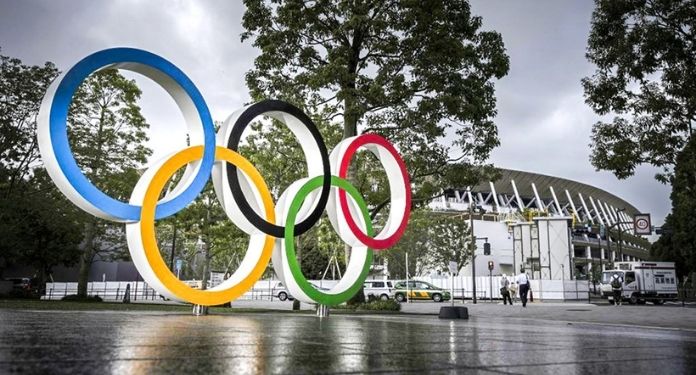Sports betting on all Olympic competitions has been monitored since the Beijing 2008 Olympics, and Tokyo 2020 will be no exception.
The Olympic Movement Unit for the Prevention of Manipulation of Competitions (OM Unit PMC), with its partners – Sportradar, the International Betting Integrity Association (IBIA), the Global Lottery Monitoring System (GLMS), the main regulatory authorities and a large number of private sports betting companies around the world – will monitor sports betting on all Olympic competitions at this summer’s Olympic Games.
The IOC will maintain a direct link with all International Federations (IFs) in order to signal any violation of the Olympic Movement Code on the Prevention of Manipulation of Competitions (Code OM PMC). He is equipped to conduct a preliminary investigation and assist in the creation of a Disciplinary Committee if necessary.
In addition, the IOC will cooperate closely with various law enforcement authorities to address any cases where collective and joint follow-up is appropriate and necessary.
Pâquerette Girard Zappelli, IOC Ethics and Compliance Officer, said: “Over the past few years, we have been working with Tokyo 2020, international police forces and national authorities to establish the necessary processes and coordinate actions for the time of the Games.”
“As a sports organization, the IOC can handle disciplinary matters relating to the Olympic Games, and we will have a dedicated Disciplinary Commission in place for cases of competition manipulation and other integrity violations. we will rely on the Japanese authorities and their jurisdiction.”
Prevention against manipulation in sports betting
Prevention plays a key role in combating competitive manipulation. Thus, several measures were implemented before the Games and in close collaboration with the IFs and National Olympic Committees (NOCs), including robust educational awareness programs.
In particular, the IFs and NOCs promoted the IOC integrity eLearning program among their athletes and entourage members, which provides an overview of the topic as well as guidance on how to respond when approached by untruthful people.
They also expanded the campaign dedicated to “Making the Right Decision” by communicating key messages in their communication channels.
In addition, IFs and NOCs organized webinars and personal briefings, often using athlete ambassadors for peer communication, and distributed educational material such as the Code of Conduct. The latter summarizes the rules that all athletes, coaches and officials need to be aware of: in Tokyo, any accredited person must not bet on any Olympic event, share inside information or, of course, manipulate a competition.




















































